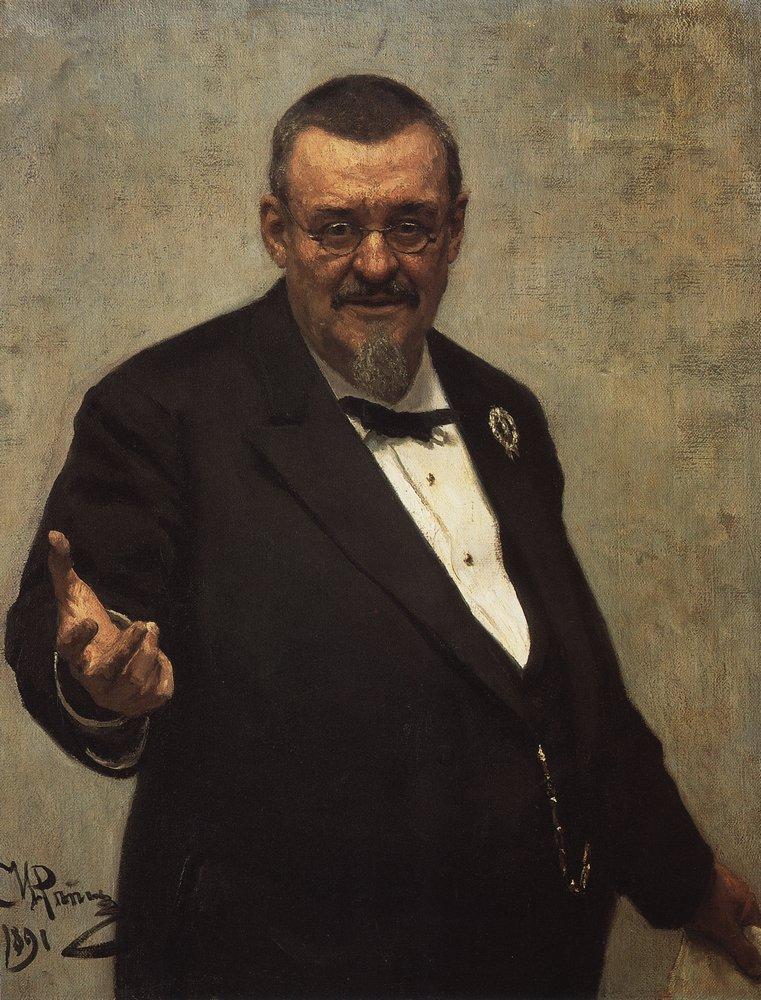Włodzimierz Spasowicz on:
[Wikipedia]
[Google]
[Amazon]
 Włodzimierz Spasowicz or Vladimir Spasovich (1829-1906) was a
Włodzimierz Spasowicz or Vladimir Spasovich (1829-1906) was a
/ref> Two years later, his textbook on
 Włodzimierz Spasowicz or Vladimir Spasovich (1829-1906) was a
Włodzimierz Spasowicz or Vladimir Spasovich (1829-1906) was a Polish
Polish may refer to:
* Anything from or related to Poland, a country in Europe
* Polish language
* Poles
Poles,, ; singular masculine: ''Polak'', singular feminine: ''Polka'' or Polish people, are a West Slavic nation and ethnic group, w ...
-Russia
Russia (, , ), or the Russian Federation, is a List of transcontinental countries, transcontinental country spanning Eastern Europe and North Asia, Northern Asia. It is the List of countries and dependencies by area, largest country in the ...
n lawyer
A lawyer is a person who practices law. The role of a lawyer varies greatly across different legal jurisdictions. A lawyer can be classified as an advocate, attorney, barrister, canon lawyer, civil law notary, counsel, counselor, solic ...
often acclaimed as the most brilliant defense attorney of Imperial Russia
The Russian Empire was an empire and the final period of the List of Russian monarchs, Russian monarchy from 1721 to 1917, ruling across large parts of Eurasia. It succeeded the Tsardom of Russia following the Treaty of Nystad, which ended th ...
.
Spasovich attended school in Minsk
Minsk ( be, Мінск ; russian: Минск) is the capital and the largest city of Belarus, located on the Svislach and the now subterranean Niamiha rivers. As the capital, Minsk has a special administrative status in Belarus and is the admi ...
and studied law in St. Petersburg University
Saint Petersburg State University (SPBU; russian: Санкт-Петербургский государственный университет) is a public research university in Saint Petersburg, Russia. Founded in 1724 by a decree of Peter t ...
, where he later became a professor. When the government was persecuting some of his students in 1861, Spasovich resigned his professorship in protest.The Russian Humanitarian Dictionary/ref> Two years later, his textbook on
criminal law
Criminal law is the body of law that relates to crime. It prescribes conduct perceived as threatening, harmful, or otherwise endangering to the property, health, safety, and moral welfare of people inclusive of one's self. Most criminal law i ...
was banned.
After the Judicial reform of Alexander II
The judicial reform of Alexander II is generally considered one of the most successful and consistent of all his reforms (along with the military reform). A completely new court system and order of legal proceedings were established. The main res ...
, he emerged as a leading trial lawyer. He took part in many of the sensational political trials of the 1860s and 1870s, including the Nechayev process. Fetyukovich, a defense attorney in Dostoyevsky
Fyodor Mikhailovich Dostoevsky (, ; rus, Фёдор Михайлович Достоевский, Fyódor Mikháylovich Dostoyévskiy, p=ˈfʲɵdər mʲɪˈxajləvʲɪdʑ dəstɐˈjefskʲɪj, a=ru-Dostoevsky.ogg, links=yes; 11 November 18219 ...
's ''Brothers Karamazov
''The Brothers Karamazov'' (russian: Братья Карамазовы, ''Brat'ya Karamazovy'', ), also translated as ''The Karamazov Brothers'', is the last novel by Russian author Fyodor Dostoevsky. Dostoevsky spent nearly two years writing '' ...
'', was apparently based on Spasovich. His involvement as defence attorney in the Kroneberg case of 1876 was also discussed in the February section of Dostoyevsky's ''A Writer's Diary
''A Writer's Diary'' (russian: Дневник писателя; ''Dnevnik pisatelya'') is a collection of non-fiction and fictional writings by Fyodor Dostoevsky
Fyodor Mikhailovich Dostoevsky (, ; rus, Фёдор Михайлович Д ...
''; the Russian novelist thought this case proved a prime example of the dilemma that had then arisen in the Empire's new courts, where the skill and effectiveness of a lawyer could lead to the obstruction of truth and justice, contrary to their vowed custody, as finding the resources to conceal or defend morally reprehensible acts seemed as much a prerequisite of the legal profession as unconvering the truth that had been hitherto obfuscated.
Spasovich was one of those who tried to bring Russia and Poland together. He founded in St. Petersburg the Polish-language newspaper ''Kraj'' and "advocated the concept of Polish cultural autonomy within Russia"Quoted from: ''Historical Dictionary of Poland, 966-1945''. . Page 561. in the Warsaw periodical ''Atheneum''.
As a literary historian, Spasovich authored several articles about the literary ties between Russia and Poland as well as a concise account of Polish literary history.
References
External links
* 1829 births 1906 deaths People from Rechytsa People from Rechitsky Uyezd Lawyers from Saint Petersburg Polish journalists Lawyers from the Russian Empire Literary historians Rhetoricians Criminal defense lawyers Saint Petersburg State University alumni Academic staff of Saint Petersburg State University {{Russia-law-bio-stub